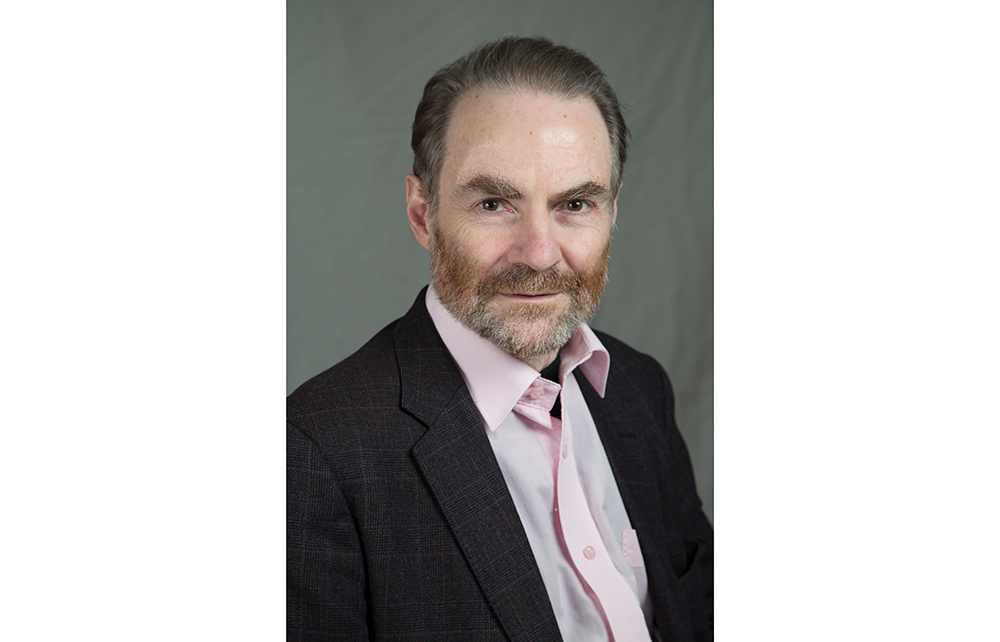Homelands is Timothy Garton Ash’s first book since Free Speech, published in 2016, and is an account of Europe from the second world war to the current war in Ukraine, blending history, reportage and memoir.
On several occasions, Russia accepted Nato membership for the Baltic states and former Warsaw Pact countries
Unsurprisingly, given how well-travelled the author is and how extensive his contacts are, among its great strengths are the personal encounters, experiences and anecdotes it relates. We learn, for example, of the Romanian pastor who, on hearing that Garton Ash is from Oxford, asks in all seriousness whether he has met John Henry Newman. A jailed Erich Honecker reaches into the pocket of his prison pyjamas to give Garton Ash a card ‘on which his secretary had typed a telephone number’. When he dials it, it goes straight through to the chancellor’s office.
Helmut Kohl asks him in an interview whether he realises he is sitting opposite the direct successor of Adolf Hitler – the last chancellor of a united Germany. The Hungarian prime minister Arpad Gonz says he could cope with 40 years of communism but wonders how he’s going to manage one year of capitalism. Meanwhile, Bronislaw Geremek, insists that Garton Ash takes away with him ‘a bottle of Czech vodka called Stalin’s Tears’, as ‘a Polish foreign minister can’t keep Stalin in his office’. A Russian-speaking Ukrainian refugee from Mariupol laments: ‘We saw the Russians as our brothers – and then they came to murder our children.’
Also outstanding are the vivid turns of phrase. Railway lines are ‘varicose veins of Nazi evil’; and the author notes how changes to European borders resulted in whole countries being ‘shunted around against their will like cattle’. Two expressions keep recurring: ‘the memory engine’ and ‘post wall’. We hear of politicians, such as José Manuel Barroso and Javier Solana, who saw membership of the then EEC as cementing the escape of their respective countries from dictatorship in Portugal and Spain. ‘Post wall’ is an allusion to the fact that the fall of the Berlin Wall did not mean conflict had ended in Europe, with the wars of Yugoslav succession starting just two years later.
Garton Ash is more than happy to admit mistakes, his own included. He is an enthusiast for European integration, still clearly disconsolate about the UK’s Leave vote in 2016, and wry about having once been foreign editor of The Spectator, which he describes as ‘the most Eurosceptical publication in Britain’, and which he clearly regards with affectionate exasperation. He believes, however, that the push towards the single currency in the early 1990s paid insufficient heed to public opinion, not least the failure to have a referendum on the abolition of the Deutschmark in Germany, which distracted the EU from more effective engagement with the conflict in Croatia, Slovenia and Bosnia-Herzegovina. He said so at the time, but rebukes himself for having dropped that objection when the single currency appeared to be going well.
He is also sceptical about any notion of historical inevitability. He convincingly presents the fall of the Berlin Wall as ‘an exceptional, one-in-a-million piece of historical luck’. On the other hand, he argues, the belief that the West could lose the Cold War in the 1970s helped the West to win it. This utter lack of complacency is one he contrasts mordantly with the complacency that he believes led to Putin’s invasion of Ukraine, not least the West’s failure to reduce its energy dependency on Russia after the seizure of Crimea in 2014. Meanwhile, he is adamant in rejecting the argument posed by those, whether on the anti-American far left or the isolationist right, who assert that the conflict was triggered by Russia’s fear of encirclement, which began with the West supposedly reneging on a promise not to expand Nato membership eastward. He notes how Russia on several occasions accepted Nato membership for the Baltic states and former Warsaw Pact countries.
The same lack of inevitability applies, he believes, to Brexit, not least given the 4 per cent margin of victory for Leave. Had Michael Gove put loyalty to David Cameron before his Euroscepticism, had Boris Johnson campaigned for Remain, and had Jeremy Corbyn, a lifelong Bennite Eurosceptic, not been Labour leader, then Remain, he argues, might have won. As for Brexit’s protracted aftermath, the irony of Garton Ash becoming ‘the European petitioner’, and Danuta Huebner, a Polish MEP and former European Commissioner, saying of the UK ‘We have a common objective to get rid of them in March 2019’ is clearly a painful one for him.
Homelands is an elegantly written piece of contemporary history by one of Britain’s leading public intellectuals.





Comments